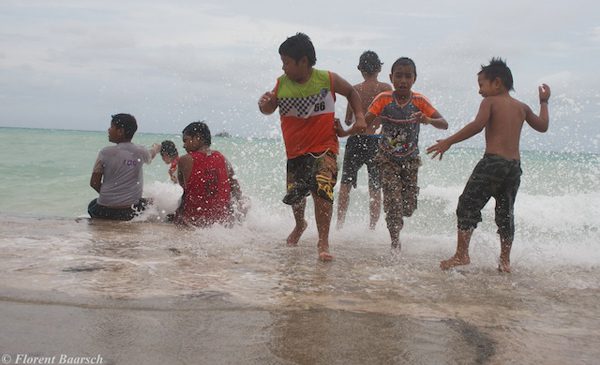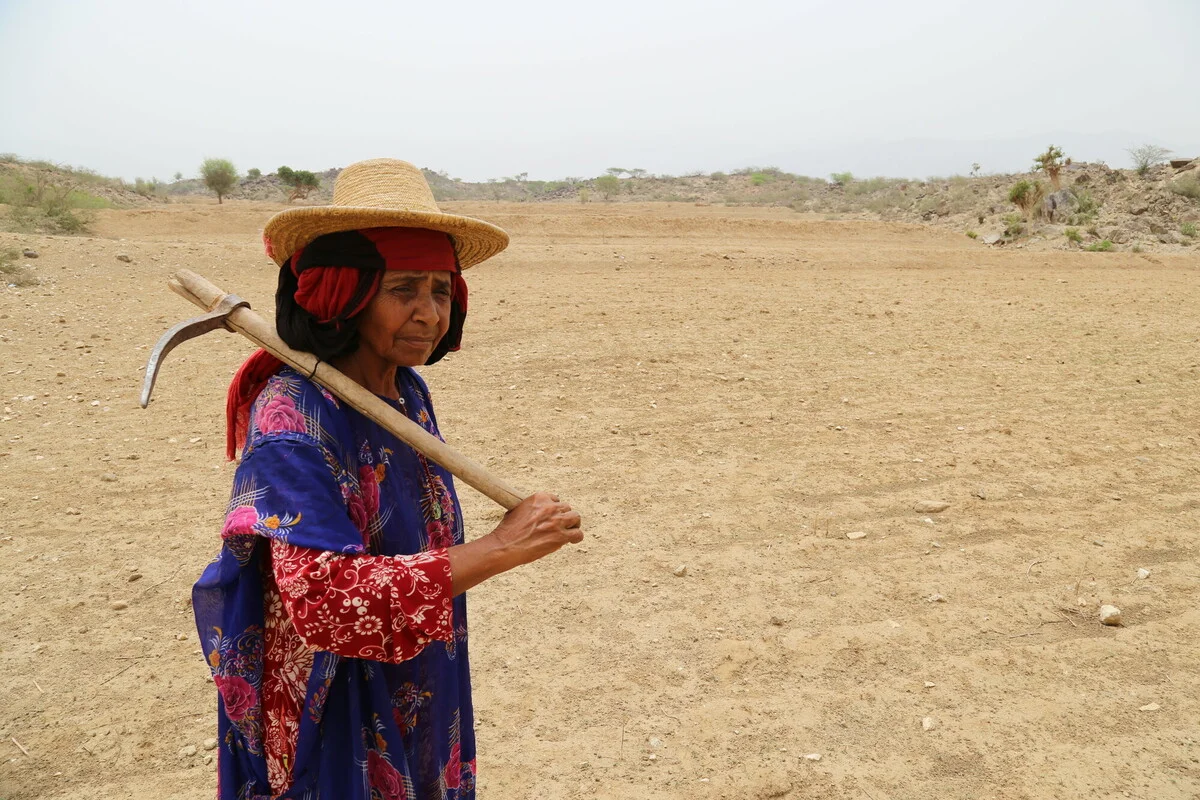On Funafuti (the main island of Tuvalu, housing half of the Tuvaluan population), no one wears a broom around their hips, we don’t live in huts made by palm leaves and our shower is not in the closet. The people here might not have tasted many far-flung Western delicacies before, but hot dogs, fries, ketchup, toast and peanut butter are part of their daily diet.
The societies in the different island states of the Pacific are said to be quite similar, and life on Tuvalu is like a lot of other places in the world. There is a small airport, as well as several small shops. The two main roads of the island are crowded with motorbikes, smaller cars and occasionally a 4WD. The neighbour plays Eminem, Rihanna, Beyoncé and a lot of other stuff that sounds like the hottest on MTV.
I have not yet seen any banana leaf cake (although I did taste it in Fiji, in a restaurant selling ‘local food’). On the other hand I have seen tons of Chinese noodles and sauces (thank God for soy-and-sweet chilli sauce), Indian spices, potatoes, onions and everything that can be stored until the monthly ship arrives with more supplies. We have an Indian restaurant, a Chinese one and several places that serves the available food of the day.
We are not finding our eggs in the bushes, but we are buying them in the local shops in cases of twelve shipped from New Zealand. Fruits and vegetables are luxuries and we are lucky if we find a banana or two in the shop. Most people grow some papaya, bananas, cucumbers and salad in their gardens, but almost nobody has any leftovers to sell.
Nothing we can buy in the shops is produced on Tuvalu. Funafuti is overcrowded and the arable land is replaced by houses and buildings. On the outer islands, the problem is reversed: The rural exodus has lead to a lack of work force. The young people instead go to Funafuti, Fiji, New Zealand, Australia or Samoa to study or find a job. When they are 50, they are close to retirement and entitled to a seat in the Falekaupule (elders council), so they return to their islands.
Everybody speaks English here (in addition to Tuvaluan). Even though there are just two Internet cafés (that sell extremely slow Internet quite expensive), most young people are on Facebook. Every night they play soccer, volleyball or rugby on the airport runway, with the different island communities on their respective teams. Before Christmas they arranged a soccer tournament (they even have a B-series) as well as a rugby tournament. The results of the various matches engage most people I have spoken to.
The list is much longer, but I just want to add some more key points that dispel the stereotypes. We don’t live in palm-tree-houses, but in a real house. The walls are super thin (and the room is like an oven during the sunny hours), but we have a toilet, a shower (cold water only) and access to air conditioning (but we stick to the fan). In the kitchen we have a gas stove, a fridge and a freezer, a sink and all we need to wash our dishes.
In other words, life in the Pacific can be totally different from the stereotypical media portrayal. Those untouched and isolated societies that portray an Eden-like paradise probably exist, but I suspect that they might be the rarities.
Lan Marie is a member of the international youth climate movement currently working in Tuvalu on the climate change awareness project Klima-Tuvalu
Originally published on Klima-Tuvalu



